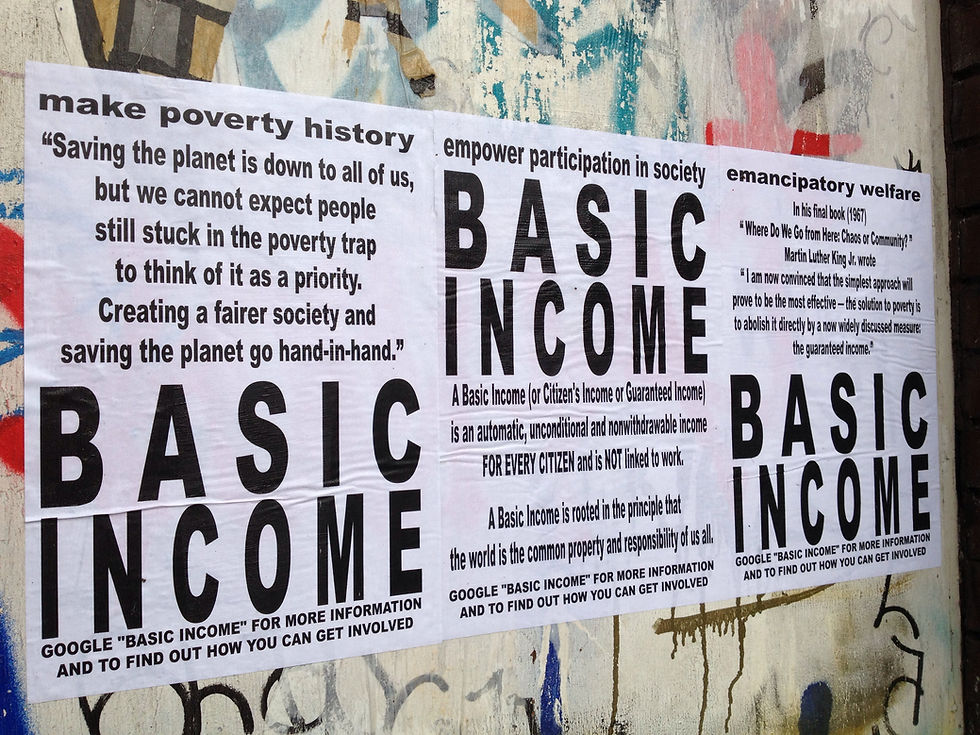BBC Receives Complaints over "Countryfile" Segment on Black Women's Hiking Group
- Elizabeth Bratton

- Jan 23, 2021
- 3 min read
Updated: Dec 23, 2024
The BBC has responded after receiving several complaints after a segment on nature show Countryfile, featured a Black women’s walking group.
The episode, which aired on the 10th of January, introduced a group known as Black Girls Hike, which was originally founded in Manchester in 2019. The movement has since spread to the Midlands and London. Presenter Anita Rani spoke to founder Rhiane Fatinikun, who hopes to provide Black women with the opportunity to explore the outdoors by means of climbing and paving. Rani explained that Black and Asian people are “half as likely” to participate in mountain walking and hiking, and questioned why such a disparity exists. Fatinikun responded, "There's loads of reasons for it really. I think it's where we live. A lot of us tend to live in cities, for example.” She elaborated, “None of my family does any hiking. We did do sports and we're utilising outdoor spaces but just not the countryside.”

While The BBC did not explicitly describe the content of the complaints they received, they issued a statement in response to the backlash: “The feature on the walking group was part of a programme where the overall theme was to encourage people to make more of their connection with the British countryside during the coming year, including trying to get outdoors more to exercise where possible.” The statement further described how certain groups have historically felt less inclined to participate in such sports, meaning “any initiative which seeks to redress that balance is to be welcomed.” The aim of the feature was reportedly to highlight that everyone should feel welcome to enjoy the countryside, as well as “safeguard its wildlife, landscape, and traditions for the future”.
One commenter under a Metro article accused the BBC of “telling us how to think and what our opinions should be”. He alleged that the UK’s history and culture are being erased by a gradual move to Marxism, and concluded: “I feel the BBC do not represent the people of this country any more.” However, another user spoke of her positive experience with the group, recalling: “I joined one of their hikes, and it was AMAZING. To be amongst so many black women and to just laugh and talk and be completely relaxed was just mind blowing. I can't wait for it all to start up again properly. Such a good atmosphere.”
Prior to the outbreak of COVID-19, Fatinikun’s club would meet twice a month. More than 500 women of various ages have participated in the hikes. Since lockdown, Fatinikun has often found herself walking along the Entwistle Reservoir in Bolton. Now a qualified lowland leader, she strives to train more people from BAME backgrounds as outdoor instructors. In December 2020, she explained: “There are two things at play here: first, people need to know what they are doing in the outdoors to avoid getting lost, like we once did on Saddleworth Moor! But it is also important that those leading these hikes and activities are from a diverse background; that will stop making people feel like the countryside is not for them.”
Fatinikun and her fellow hikers have previously been told to "go back to the ghetto" while in the Peak District
One 2017 study revealed that 26.2% of Black people spent time in the UK countryside, while 44.2% of white people did so. Only 1% of visitors to national parks are from BAME backgrounds, with a similar figure representing the number of summer mountain leaders and rock-climbing instructors from ethnic minorities. Sport England has named six barriers that may deter BAME people from participating in outdoor sports. They are: language, awareness, safety, culture, confidence and perception of middle-class stigma.
A separate review by the Department for Environment, Food, and Rural Affairs found that those from ethnic minority backgrounds felt alienated and conspicuous in “an exclusively English environment.” The findings read, “Amongst people from ethnic minority backgrounds, the main factors restricting use of the countryside included the cost of visiting” in addition to “problems linked to transport, a lack of knowledge of the English countryside and a lack of ‘cultural habit’ of visiting”. Ultimately, a “fear of discrimination” was discovered.

_edited.png)



Comments